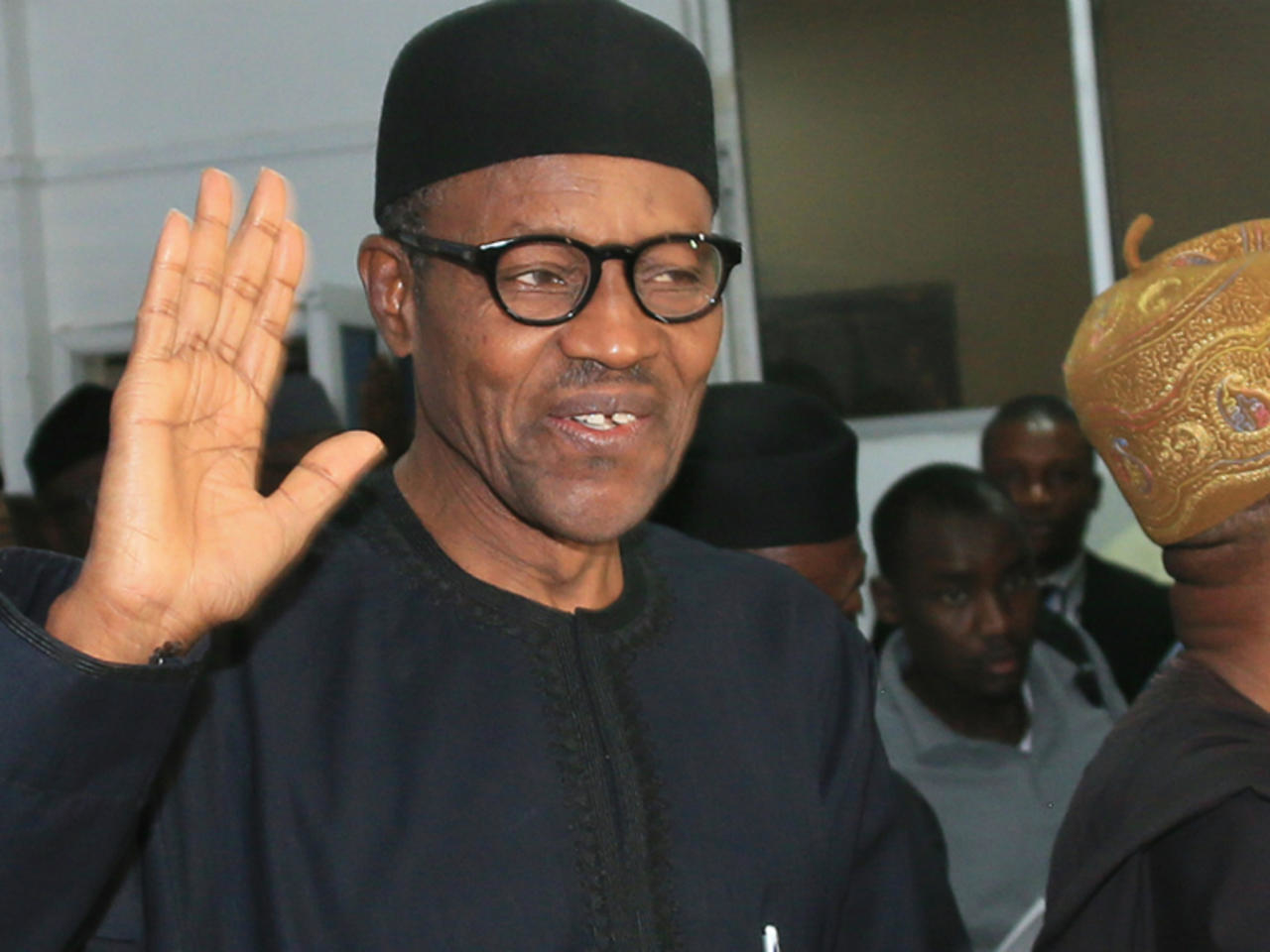President Muhammadu Buhari has said that despite the rush for investments in renewable energy in the world, hydrocarbons will still remain a major source of energy in the foreseeable future.
Speaking at the opening ceremony of the 4th edition of the Nigeria International Petroleum Summit (NIPS), on Monday, in Abuja, President Buhari, who was represented by the Minister of State Petroleum Resources, Chief Timipre Sylva, said that though the projection in energy growth is in the direction of renewable, fossil fuel will remain a major feedstock for petrochemical companies.
According to the President, “Experts project that about 80 per cent of the world’s energy mix in 2040 will still come from hydrocarbons.
“Fossil fuels will continue to be the source of dozens of petrochemicals feedstocks that companies transform into versatile and valued materials for modern life.
“Thus, the hydrocarbon industry will remain a multi-trillion-dollar industry in the coming decades”.
Buhari stressed that the forecast puts Nigeria in an advantaged position because of its vast deposits of hydrocarbons and therefore urged industry stakeholders to invest hugely in the sector.
He said “for us as a country with a vast hydrocarbon potential, that is an opportunity. How we exploit that opportunity is a matter of strategy.
“Developing that strategy is at the heart of the core objective why in 2016, the Federal Executive Council of this administration approved the establishment of this summit“.
Buhari noted that the immediate global challenge caused by COVID-has put energy transition in the back seat stressing “governments across the world are now more focused on managing the COVID-19 pandemic and its impact on economies than the quest for the energy transition. This has led to the gradual realization that the transition to 100% renewable energy may not happen in our lifetime.
“However, energy transition is real. Renewable technologies are getting cheaper and investors are increasingly conscious of environmental issues and are beginning to turn their back on hydrocarbon investments,” the President said adding however that “history has shown that human beings have an insatiable appetite for energy which renewables does not have the capacity to cope within the foreseeable future”.
On his administration’s “unparalleled commitment to the overhauling of the oil and gas industry in Nigeria,” President Buhari stressed that “the ambitious goal of ramping up crude oil production to at least 4 million barrels per day and building a reserve of 40 billion barrels remains sacrosanct and guiding principle to our overall outlook for the industry. Creating the conducive business environment for our hydrocarbon industry to thrive is no longer a choice, it is a necessity”.
Speaking on the theme of the Summit “From crisis to opportunities: New approaches to the future of hydrocarbons,” the President said “crisis is often an opportunity to re-define objectives and that provides the pathway for re-discovery.
“The crisis the oil and gas industry is facing today was necessitated by the COVID-19 pandemic.
“It accelerated an unprecedented demand disruption and a supply glut that generated the crisis for the global economy and the oil industry-particular”.
While commending the Ministry of Petroleum Resources, the Nigeria National Petroleum Corporation (NNPC), Department of Petroleum Resources(DPR) and other relevant MDAs for their steadfastness and helping the administration build a robust hydrocarbon industry, the President said his administration will continue to provide the enabling environment for robust investments in the oil and gas sector for the overall benefits the Nigerian people.
In an earlier address, Sylva said the effect of COVID-19 has set a new direction in the oil and gas sector observing that “the industry has been overwhelmed by the unprecedented crisis as a result of the COVID-19 pandemic.
“It is also true that the crisis heralded volatile challenges, uncertainties, low oil prices and financial impacts that led to downsizing and bankruptcy in some instances, but I want to focus on the brighter side. That is why for me, the meat of this year’s theme is; “The new approaches to the future of hydrocarbons”.
The minister said “the scenario being projected by some experts is that energy transition and weaning the world of fossil fuel would make the world a better place.
“I believe so too but I do not see that happening overnight. Hydrocarbons have provided the majority of the world’s energy for centuries and that fact is not going to change all of a sudden.
“I am yet to see that disruptive technology that has great flexibility, affordability and applicability to replace oil and gas in the near future”.
Sylva said “with increasing oil price volatility and increased pressure for cost reduction, our industry needs to reinvent itself so that we can fully utilize the dividends to set the country on the path to industrialization and prosperity. That is why this summit is focusing on new approaches.
“For me, that new approach is collaboration. That is the paradigm shift I want to focus on at this summit.
“I know that collaboration has been a buzzword in the oil and gas industry for years but the industry has equally paid lip service to it.
“With a new set of marginal field licenses on the scene, there is no better time to shift the mindset but now. I say this because, at this time of unprecedented crisis occasioned by the COVID-19 pandemic, there is no better strategy to achieve success for these new marginal fields especially for the cluster of contagious fields”.
Those who spoke at the opening ceremony were Senate President Ahmed Lawan, Speaker of the House of Representatives Femi Gbajibiamila, OPEC Secretary-General Mohammed Barkindo, among others.
Ministers present at the event were science and technology, minister of mines and steel development, minister of state mines and steel developments and minister of state industry, trade and investment among others.
